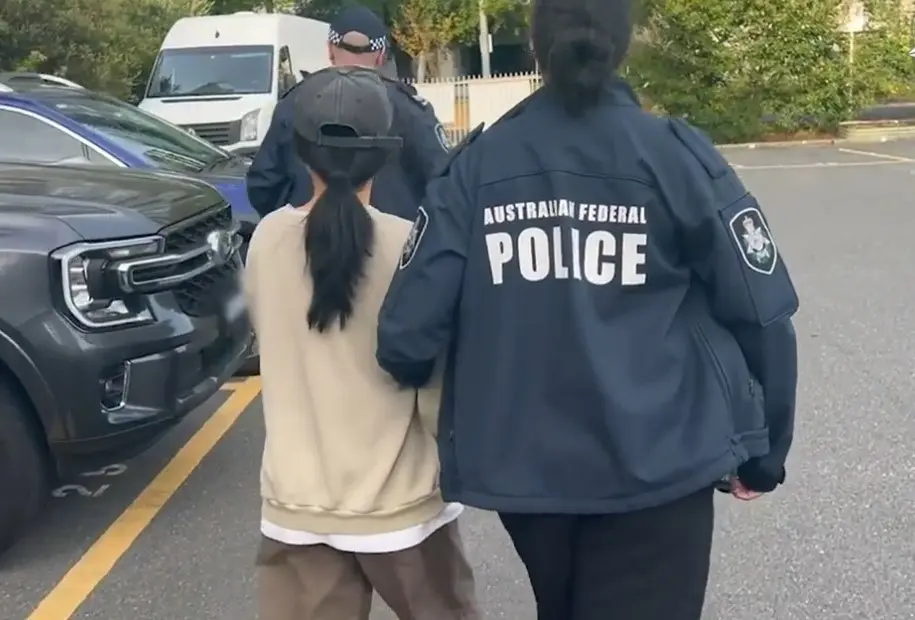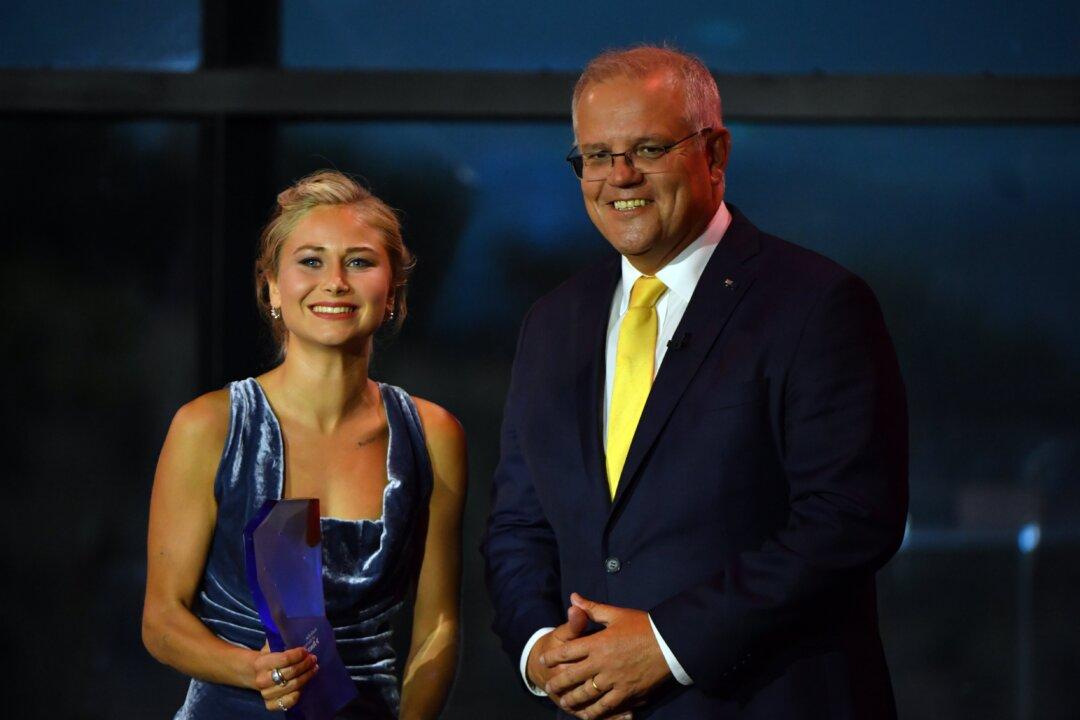U.S. Democrat Senator Mark Warner has grilled Trump’s Trade Representative Jamieson Greer over recent tariffs placed on Australian exports, saying they undermine U.S.-Australia ties as well as the AUKUS agreement.
On April 2, U.S. President Donald Trump unveiled the “Liberation Day” tariffs, which included a baseline 10 percent tariff on all imports to the United States, which captured Australia’s lucrative beef trade.





